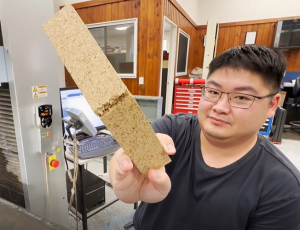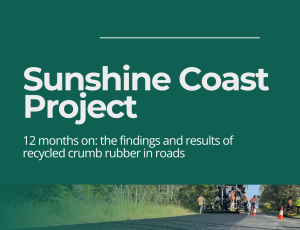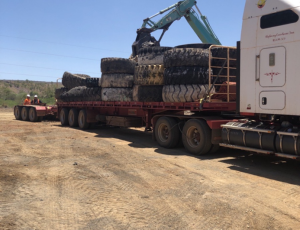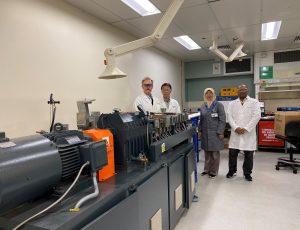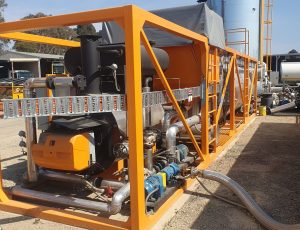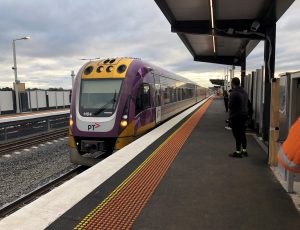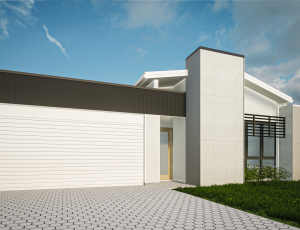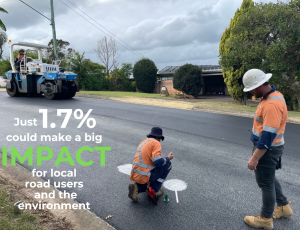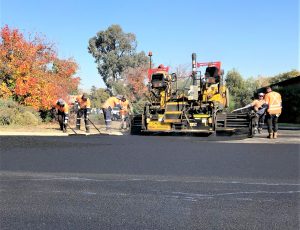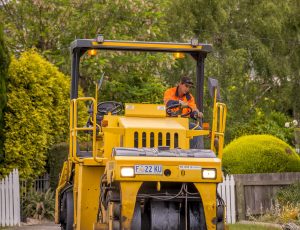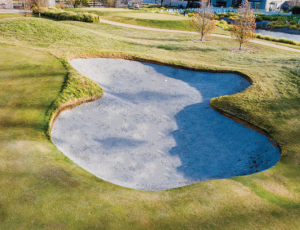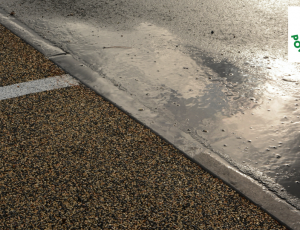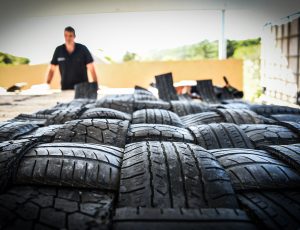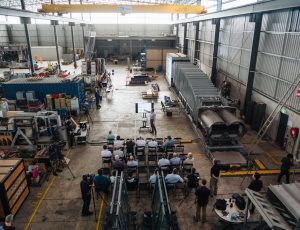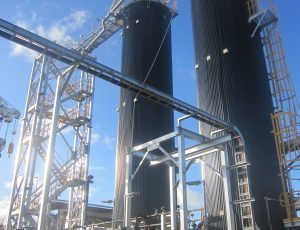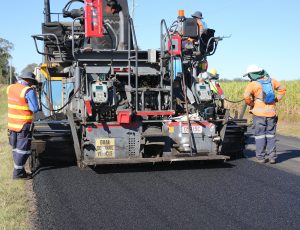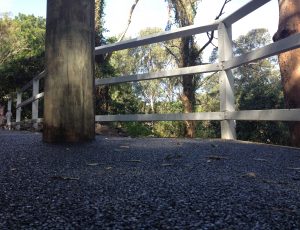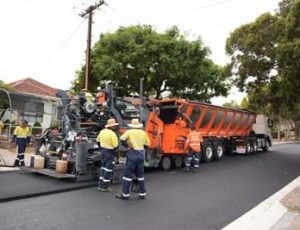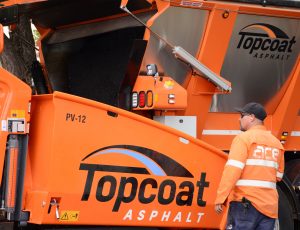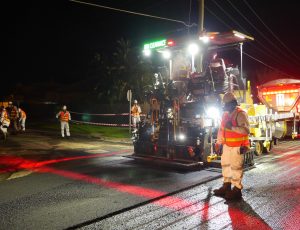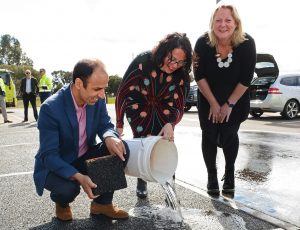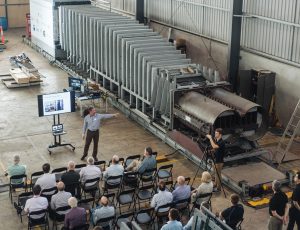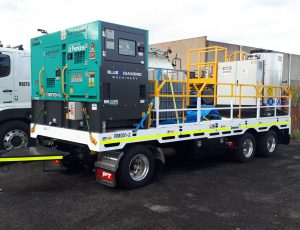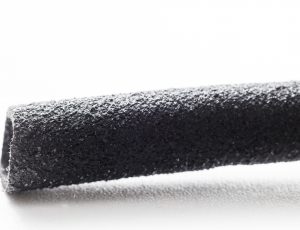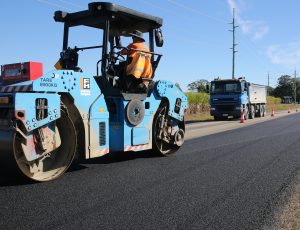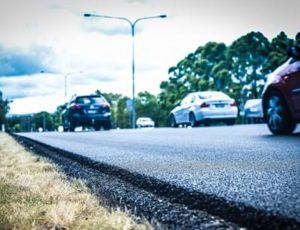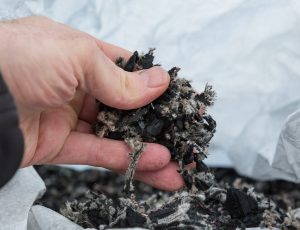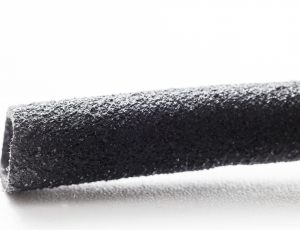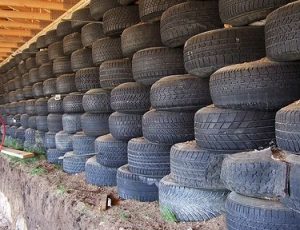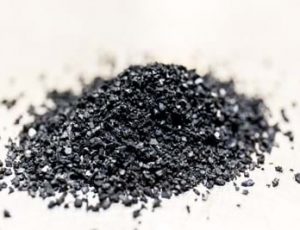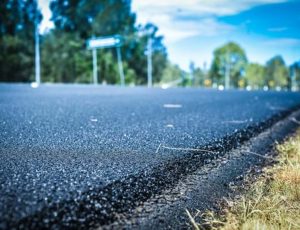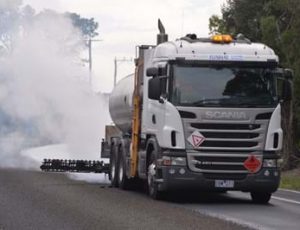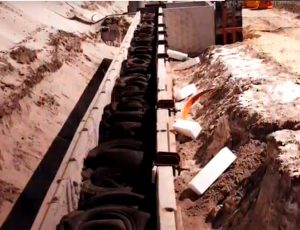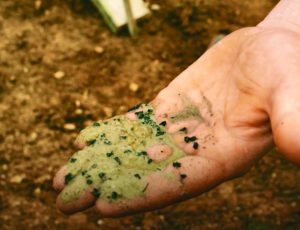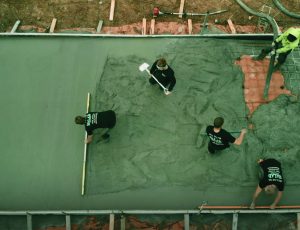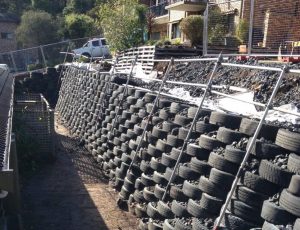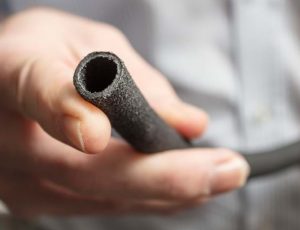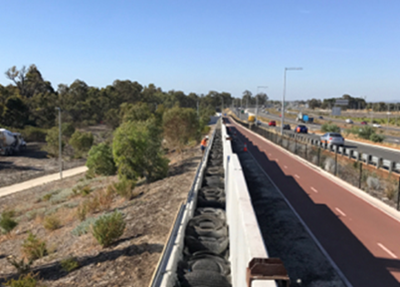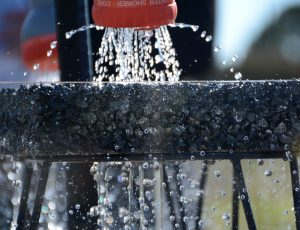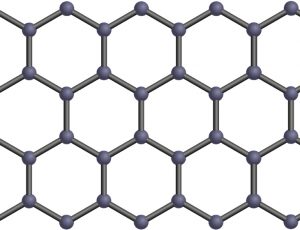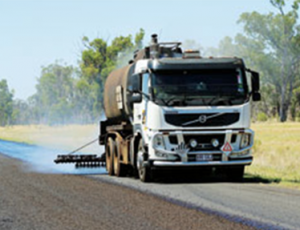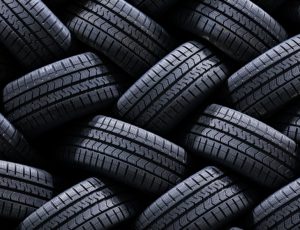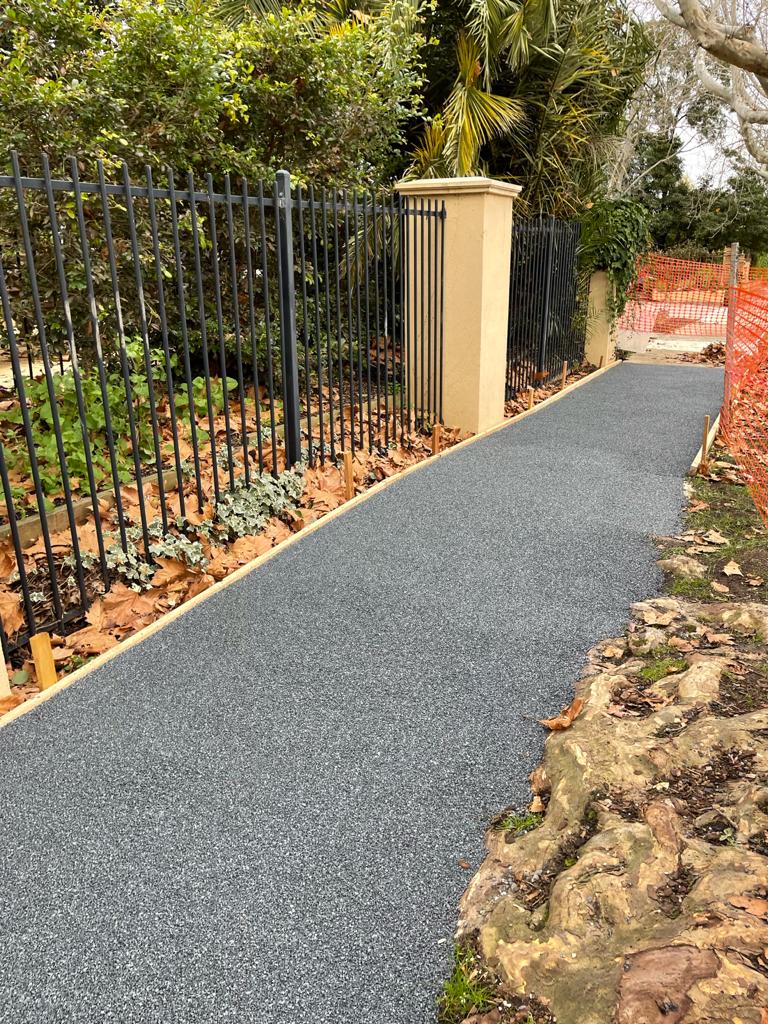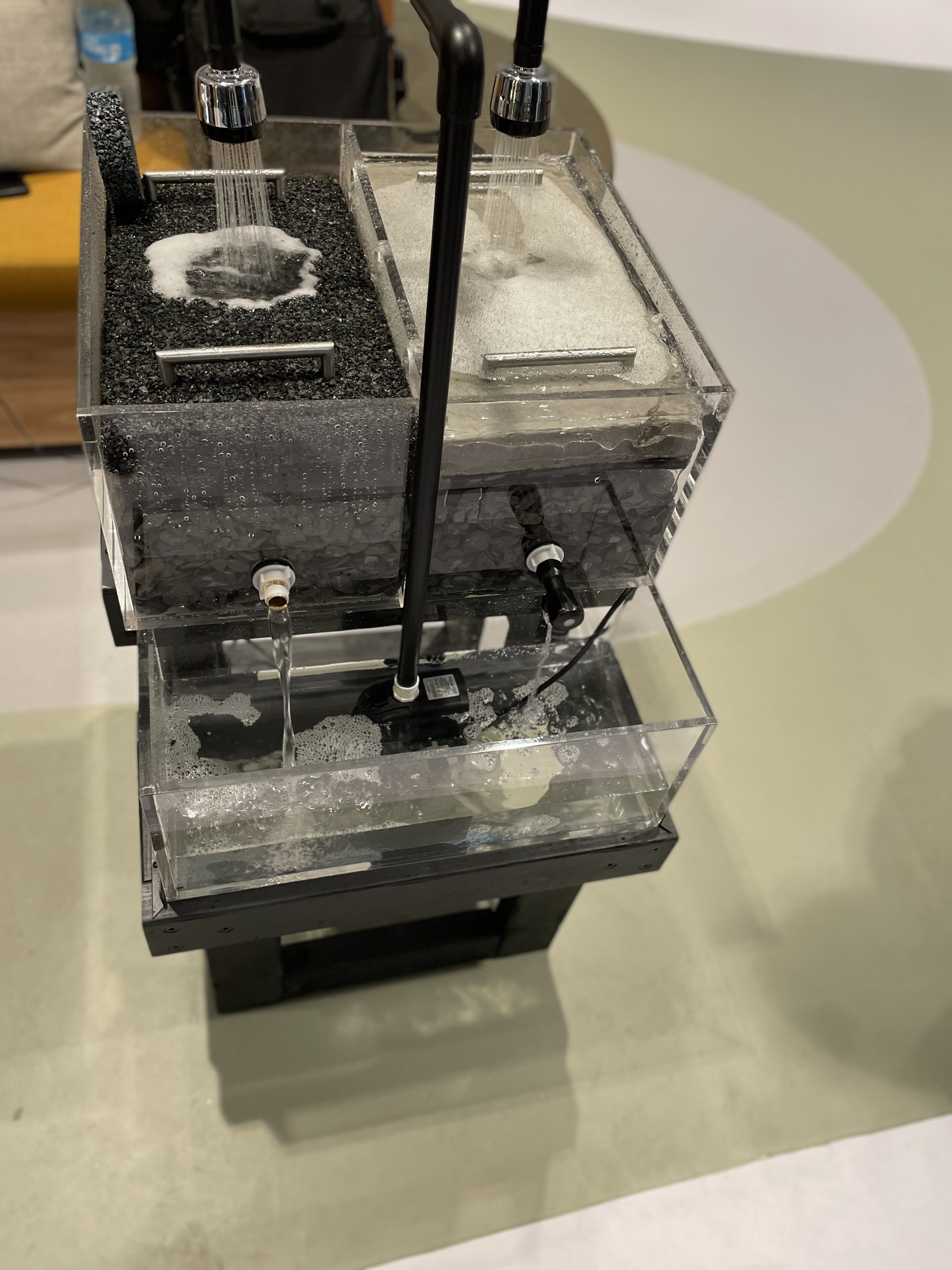Current Projects

Current Project > Advanced Manufacturing
Porous Lane: Waste Tyre Permeable Pavement
12 August 2021
Turning used tyres into new flood-free pavements
By including high levels of rubber granules into its formulation, Porous Lane is able to produce a water permeable pavement suitable for lightly trafficked urban surfaces such as footpaths, bike paths, tree protection zones, driveways, residential and commercial developments and parking lots.
The high permeability allows for better management of stormwater runoff, placing less pressure on the city’s drainage network, reducing flash flooding, and improving the health of urban trees and parklands.
By retaining absorbed water within its matrix, the permeable pavement has the added benefit of an evaporative cooling effect, helping to reduce urban heat island effects during heatwaves and warm spells. This is combined with the material being lighter, and therefore less absorptive of radiant solar energy. These features help to stabilise the urban micro-climate and contribute to more liveable neighbourhoods.
Based on rigorous laboratory and in-field testing, Porous Lane’s research team identified a range of direct savings benefits imparted by using up to 60% rubber in its pavement mixture, compared with conventional permeable pavements.
- The newly developed permeable pavements are more durable and resistant to cracking, by virtue of their enhanced flexibility, and therefore require less maintenance and less frequent replacement.
- Their much lower density means that less material is used for a given coverage area.
- The optimised formulation is able to withstand traffic loads without failing, and is able to retain sufficient purchase to prevent slipping under wet conditions. This pavement offers superior versatility compared with those made from conventional materials such as resin bonded permeable pavements.
- Offers significant saving on storm water pits and drainage work compared to when normal concrete or asphalt is used”
Local governments, private landowners and developers are all shifting towards water sensitive urban design when planning, constructing and renewing their property assets. Porous Lane’s permeable pavement offers a cost-effective solution to this large civil engineering market, while retaining other important performance features.
To view the full case study click here
